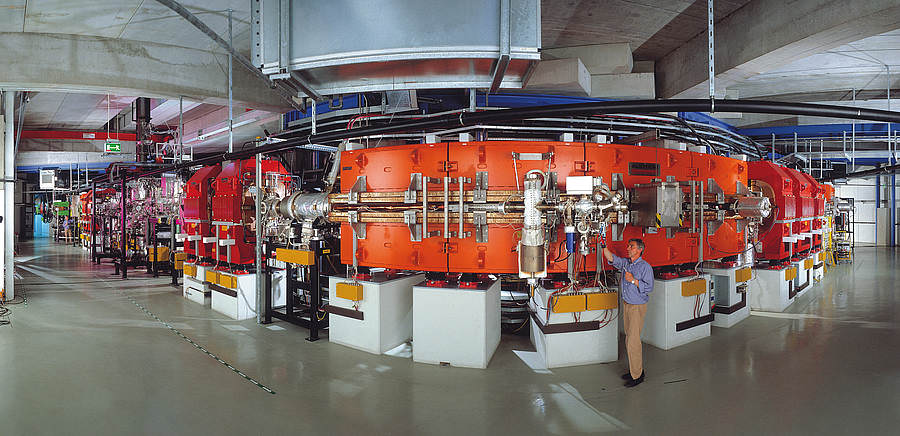It sounds like science fiction, but the time you experience between two events depends directly on the path you take through the universe. In other words, Einstein’s theory of special relativity postulates that a person traveling in a high-speed rocket would age more slowly than people back on Earth.
Although few physicists doubt Einstein was right, it’s crucial to verify time dilation to the best possible accuracy. Now, an international team of researchers, including Nobel laureate Theodor Hänsch, director of the Max Planck optics institute, has done just this.
Tests of special relativity date back to 1938. But once we started going to space regularly, we had to learn to deal with time dilation on a daily basis. GPS satellites, for example, are basically clocks in orbit. They travel at a whopping speed of 14,000 kilometers per hour well above the Earth’s surface at a distance of 20,000 kilometers. So relative to an atomic clock on the ground they lose about 7 microseconds per day, a number that has to be taken into account for them to work properly.
To test time dilation to a much higher precision, Benjamin Botermann of Johannes Gutenberg-University, Germany, and colleagues accelerated lithium ions to one-third the speed of light. Here the Doppler shift quickly comes into play. Any ions flying toward the observer will be blue shifted and any ions flying away from the observer will be red shifted.
The level at which the ions undergo a Doppler shift depends on their relative motion, with respect to the observer. But this also makes their clock run slow, which redshifts the light from the observer’s point of view — an effect that you should be able to measure in the lab.
So the team stimulated transitions in the ions using two lasers propagating in opposite directions. Then any shifts in the absorption frequency of the ions are dependent on the Doppler effect, which we can easily calculate, and the redshift due to time dilation.
The team verified their time dilation prediction to a few parts per billion, improving on previous limits. The findings were published on Sept. 16 in the journal Physical Review Letters.


Wibbly-wobbly…
I dig it.
I told my boss I was late for work ‘cos my watch ran slow. I said every time I drove faster coming to work, my watch just slowed down. He said time dilation is a load of old cobblers – and showed me the door.